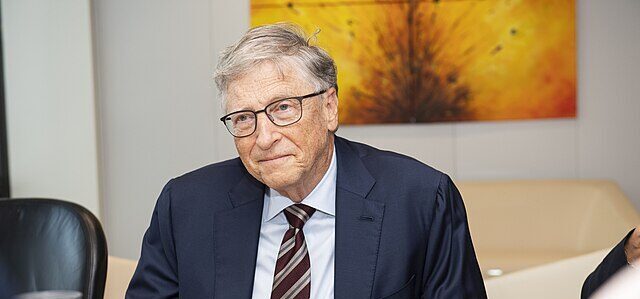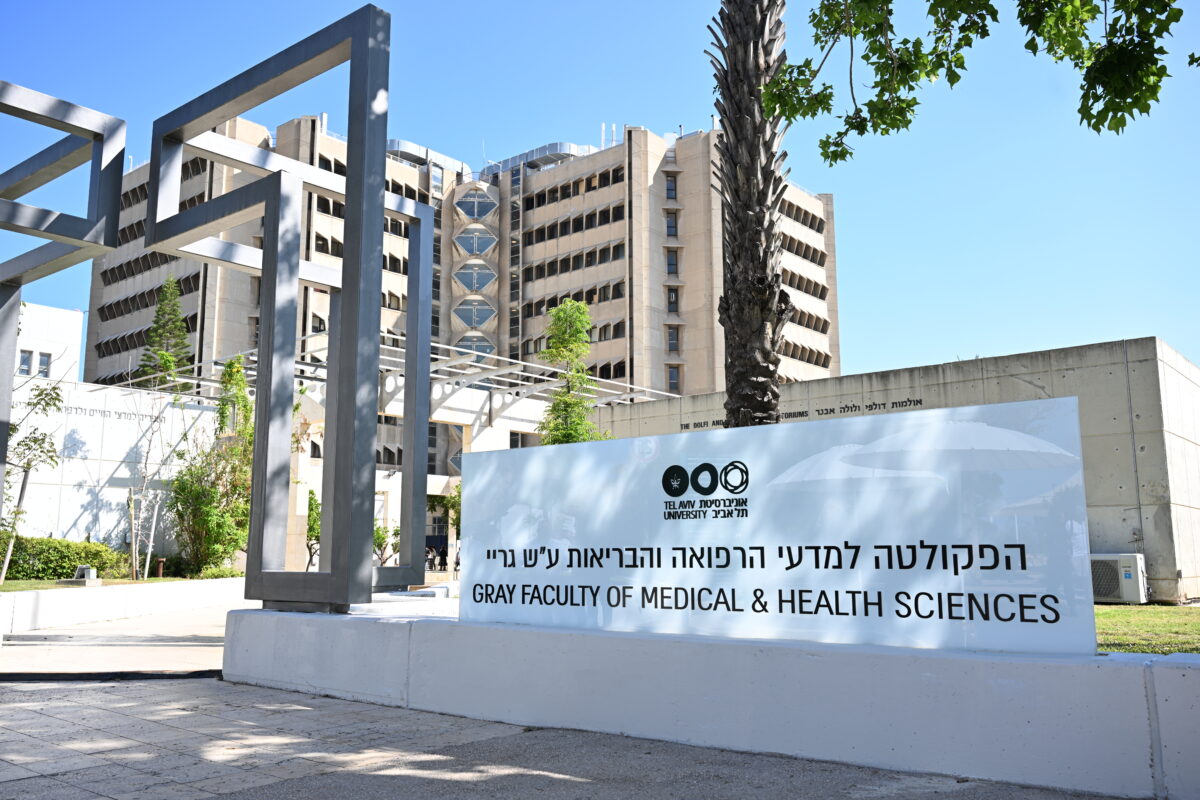The formation of the alliance was first announced by Temasek Trust, the philanthropic arm of the $287.5 billion Temasek Holdings, Singapore, in September last year. To date, 80 institutions have joined the alliance, including the Bill & Melinda Gates Foundation, Dalio Philanthropies, the Li Ka Shing Foundation and the World Economic Forum.
Singapore has come a long way from a few years ago when the Dalio Family Office first set up an outfit in the city-state “and there wasn’t much philanthropy going on,” U.S.-based hedge fund manager Ray Dalio, founder and former co-CIO of Bridgewater Associates, said during a panel discussion at the event.
“What’s exciting to me is my family here was able to work with philanthropists who are here to share what their experiences are like … Developing philanthropic skills is as difficult as developing skills in any profession. So I’m excited to be able to be here and to be part of that development,” he said.
The alliance also announced the launch of several initiatives to build up an ecosystem to support the development of firms, including a learning lab for social entrepreneurs, advisers and philanthropists to share ideas and resources, and a marketplace that connects investors with projects.
Impact investing is a growing sector, and allocations to Asia have been relatively small and underweight in relation to the population, said Dawn Chan, CEO of Temasek Trust Capital and CEO of the Centre for Impact Investing and Practices, both run by Temasek Trust.
The food and beverage sector, for instance, is an opportunity for impact investors. “That encompasses the agri supply chain, especially when you think about the numbers — a couple hundred million smallholder farmers that are all based out in Asia. So many opportunities in that way, you can actually optimize, then make more efficient in the food supply chain and also address many of the problems that we’re facing,” she said on the sidelines of the event.
The lines between impact investing and philanthropy have been increasingly blurred in recent years as wealthy families and institutions seek to do good with their funds and get a financial return.
But impact investing will not cannibalize the philanthropy industry, said Gabriel Leung, executive director of charities and community at the Hong Kong Jockey Club, which made HK$7.3 billion ($931 million) in donations during the recent fiscal year that ended on June 30.
“I don’t think we’re talking about headwind competition and therefore there isn’t that ecological predator-prey dynamics,” he said during another panel discussion at the summit.
However, he said that the measurement of returns on impact investment is still going through an evolution as families and corporations consider their approach to impact investing vs. philanthropy.
“If the (return on investment) is not as good financially speaking as your non-social impact investments, then you should be thinking about measuring it with a different metric (and think about) what is the aggregate ROI (you are) looking for,” he said.
“Or pull out of social impact investing altogether and simply say, this proportion or this percentage of my portfolio is philanthropy and I’m going to do that without worrying about actually balancing the ROI,” he added.
Credit:Source link



